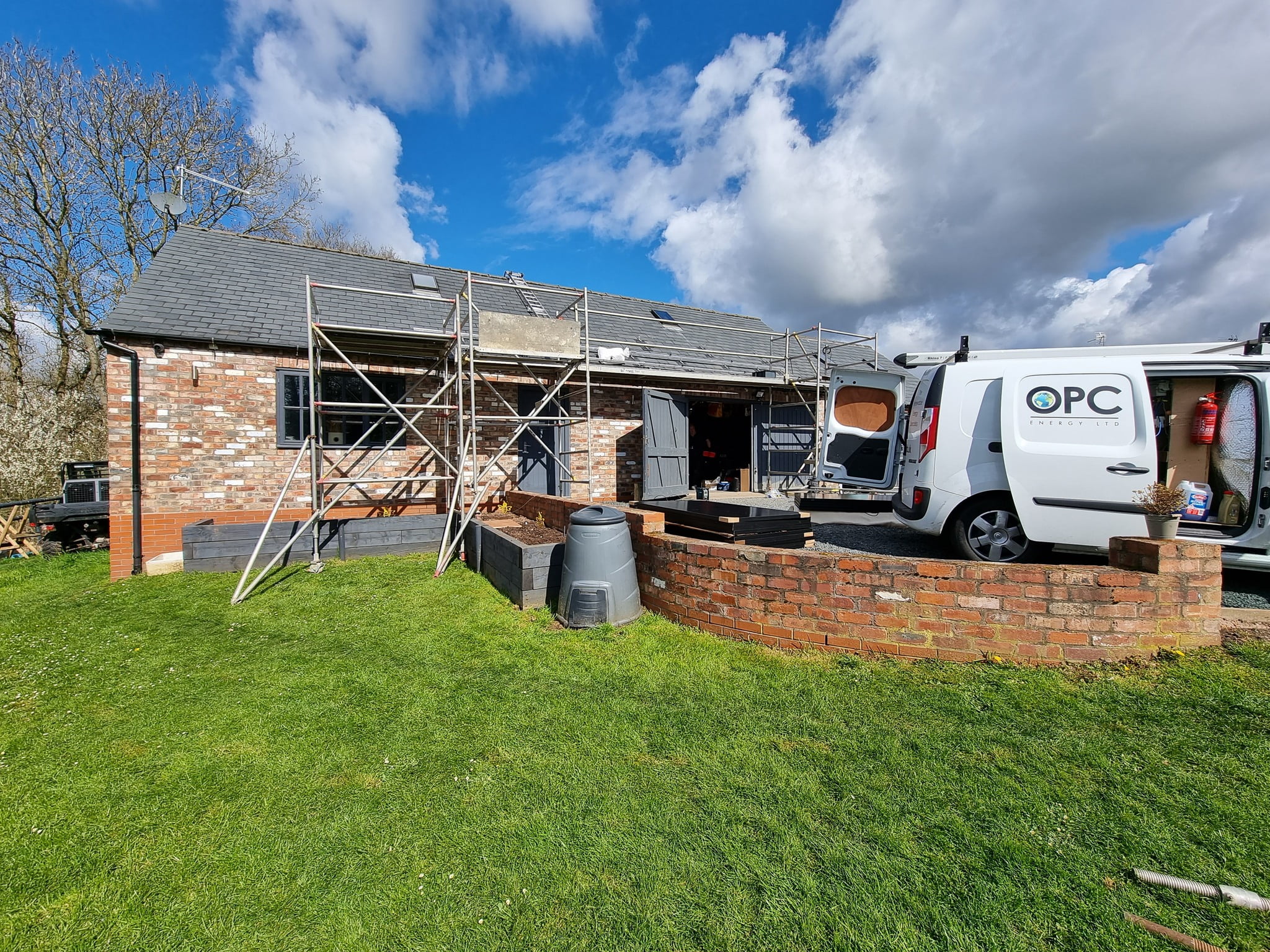Sweden electrified its home heating – what can the UK learn?
Sweden has become a leader in the transition towards a sustainable future through its successful efforts to electrify its heating systems. By reducing its dependence on fossil fuels and embracing renewable energy sources, Sweden has lowered its carbon footprint and set an example for other countries to follow.
One of the primary ways in which Sweden has achieved this is through the use of district heating. This involves using a central heating system to provide heat to a network of buildings, allowing for more efficient energy use and lower carbon emissions. In Sweden, district heating is often generated from renewable sources such as biomass, waste heat from industrial processes, and geothermal energy.
In addition to district heating, Sweden has also been successful in promoting the adoption of electric heating systems, particularly heat pumps. Heat pumps extract heat from the air or ground and use electricity to provide heating for buildings. Sweden has implemented tax incentives for heat pump installation, which has helped to increase their adoption.
What could the UK learn?
The UK can learn from Sweden’s experience by exploring similar approaches to district heating and heat pump adoption. The UK has significant potential for district heating due to its large urban areas and existing heat networks. By investing in this technology, the UK can reduce its reliance on fossil fuels for heating and decrease its carbon emissions. Bumblebee Energy has experience in providing renewable energy solutions can help homeowners in the UK transition towards a more sustainable future.
Additionally, the UK can incentivise the adoption of electric heating systems, particularly heat pumps, through tax incentives or subsidies. This would help to further reduce the carbon footprint of buildings and homes, and accelerate the transition towards a sustainable future. The UK government are currently offering grants towards the cost of replacing heat pumps. You can find out more here.
Another area where the UK can learn from Sweden’s experience is in the use of renewable energy sources for heating. Sweden has successfully utilised biomass and waste heat for district heating, and the UK can explore similar options. Additionally, the UK can increase its use of geothermal energy, which has the potential to provide a significant source of renewable energy for heating.
The UK’s adoption of heat pumps has been slower than Sweden’s, but the technology is becoming increasingly efficient and cost-effective. Heat pumps can be used in a variety of applications, including air source and ground source.
What are the challenges?
One of the challenges that the UK faces in promoting the adoption of heat pumps is the upfront cost of installation. While heat pumps can provide long-term savings on energy bills, the initial investment can be a barrier for many homeowners and businesses. To address this, the UK has explored options for financing or subsidies to make heat pumps more affordable and recently introduced the Boiler Upgrade Scheme, available through Bumblebee Energy.
Another challenge that the UK faces is the lack of awareness and understanding of heat pumps among the general public. Many people are not familiar with how heat pumps work or the benefits that they can provide.
If you would like to find out more, contact us here at Bumblebee Energy and we can talk you through the benefits of switching to a cost-effective, sustainable solution, to heat and power your home.


